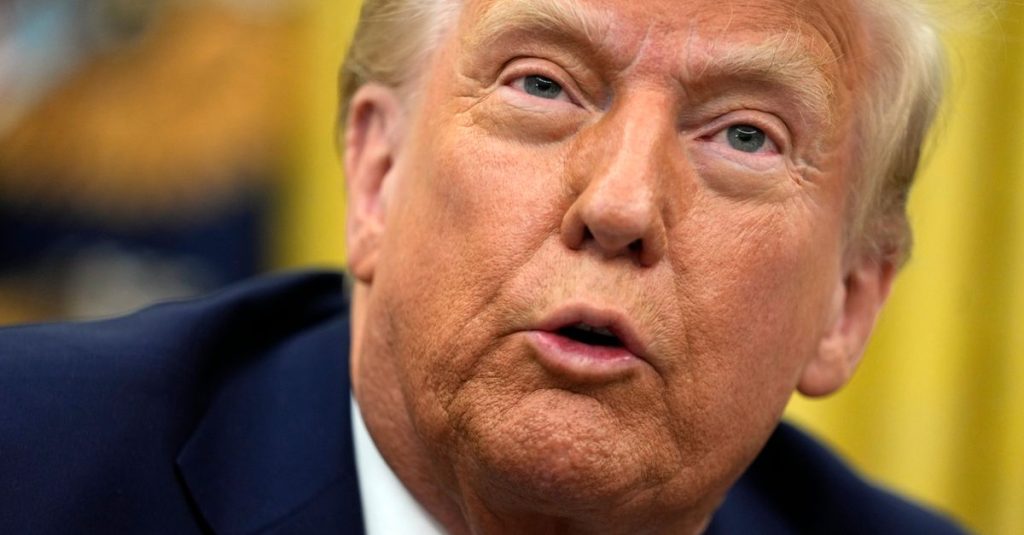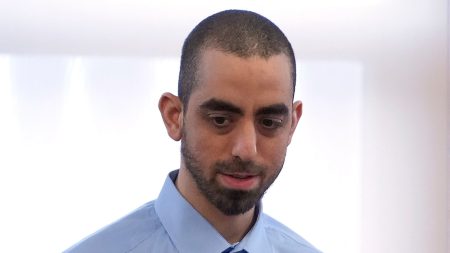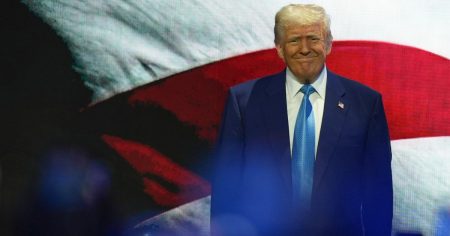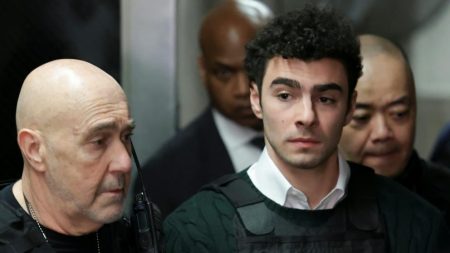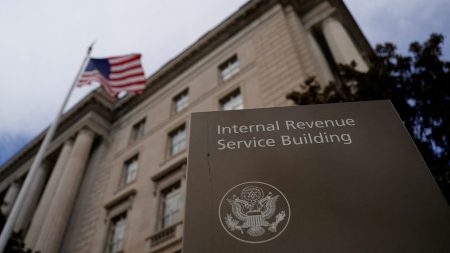A Federal Judge’s Ruling Halts Trump’s Executive Orders on DEI Programs
In a significant legal development, U.S. District Judge Adam Abelson has blocked President Donald Trump’s executive orders aimed at ceasing government support for diversity, equity, and inclusion (DEI) programs. This ruling, handed down in Baltimore, has halted the administration’s efforts to terminate or alter federal contracts related to DEI initiatives. Judge Abelson found the orders to potentially violate constitutional rights, particularly free-speech protections. The decision allows an investigation into DEI practices but prevents enforcement of the orders, providing a temporary reprieve for programs focused on fostering inclusivity and equity.
Understanding Trump’s Executive Orders and Their Intent
President Trump’s executive orders, signed early in his term, targeted the termination of all "equity-related" grants and contracts. A subsequent order required federal contractors to certify they do not promote DEI initiatives. The administration argued these measures were necessary to align federal spending with presidential priorities, contending they aimed to prevent violations of civil rights laws. However, opponents criticized the orders as overly broad and politically motivated, suggesting a broader attack on diversity efforts.
The Legal Battle and Arguments Against the Orders
Plaintiffs, including the city of Baltimore and higher education groups, challenged the orders in court, alleging they were unconstitutional and an overreach of presidential authority. They argued the vague language created uncertainty, causing a "chilling effect" on free speech and leaving recipients unclear on compliance. Judge Abelson agreed, highlighting the orders’ unconstitutionally vague nature with examples like a teacher discussing Jim Crow laws or infrastructure projects in low-income areas potentially being deemed "equity-related." This vagueness, the judge noted, left grant recipients without clear guidance, leading to arbitrary decision-making.
The Importance of DEI Programs in Modern Society
DEI initiatives have long been crucial in addressing systemic inequities, with renewed focus post-2020 racial justice movements. These programs aim to create equitable environments, benefiting historically marginalized communities. Supporters argue they are essential for meeting the needs of diverse populations and addressing lasting impacts of systemic racism. For instance, Baltimore Mayor Brandon Scott has championed such efforts, emphasizing their role in empowering vulnerable residents, despite facing criticism and racist attacks.
The Broader Debate Surrounding Diversity Initiatives
The debate over DEI programs is contentious, with critics, often Republicans, arguing they threaten merit-based systems and disadvantage certain groups. Conversely, supporters view them as vital for fostering inclusive environments and addressing historical injustices. This ruling underscores the ongoing tension, as efforts to roll back DEI programs are met with legal challenges, highlighting the intricate balance between constitutional rights and presidential authority.
The Aftermath and Implications of Judge Abelson’s Decision
Judge Abelson’s decision has significant implications, allowing an investigation into DEI practices while preventing enforcement of the orders. The ruling acknowledges the importance of diversity initiatives while ensuring they align with constitutional standards. This outcome may influence future policies and legal challenges, emphasizing the need for clear, non-discriminatory guidelines. As the case progresses, it will likely shape the broader conversation on diversity, equity, and inclusion in public and private sectors, balancing free speech with presidential authority.





